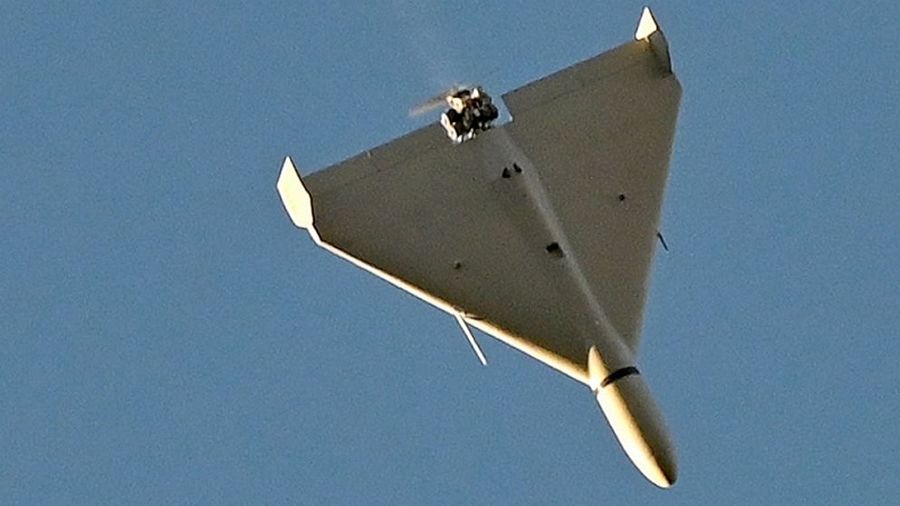The Golden Billion’s Brouhaha Over Iranian Drones in Ukraine Has Backfired
The lesson to be learned is that poorly thought-out propaganda campaigns can easily backfire, which was predictable in the analyzed case.
The US-led West’s Golden Billion is obsessed with speculating that Russia’s employing Iranian drones in Ukraine. While those two strategically aligned multipolar Great Powers officially denied the allegations, Moscow’s unmanned aerial vehicles do indeed appear to look uncannily similar to those that Tehran’s known to have, thus leading some to wonder whether it at the very least domestically produced those wares with some unclear level of technical support from Tehran. In any case, the brouhaha over this issue that’s spread across that New Cold War bloc since this summer has nevertheless backfired.
For starters, Iranian Supreme Leader Ayatollah Khamenei made a powerful point on Wednesday when talking about how Western perceptions over his country’s associated systems have dramatically changed over time. He was quoted as saying that “When images of Iranian drones were published a few years ago, they would say they’re photo-shopped. Now they say Iranian drones are dangerous, why do you sell them to someone?” That’s certainly true since the official narrative flipped from one of mockery to outright fear in the span of just several short months.
Second, in spite of this new fearmongering campaign about Iran’s military-industrial capabilities, the Islamic Republic’s Israeli rival has failed to take the bait like the Golden Billion expected it to. The Jewish State’s Western allies thought that they could introduce the most dramatic fake news about this into the global information ecosystem in order to influence Tel Aviv’s decisionmakers into crossing Russia’s red line by dispatching weapons to Kiev in response. Despite false claims that Moscow was using Iranian suicide drones to target Jewish pilgrims in Ukraine, the Jewish State still refused to arm that country.
The final way in which this brouhaha backfired is that the preceding failure pushed the Golden Billion into claiming that Iran’s alleged transfer of these same drones to Russia supposedly violates the nuclear deal that the US itself unilaterally pulled out of several years ago. This latest accusation is doubly counterproductive to American interests since it threatens to freeze talks on that pact’s renegotiation that could have resulted in much-needed Iranian energy eventually entering the market to relieve pressure at the pump simultaneously with accelerating the Russian-Iranian grand strategic convergence.
These three outcomes can be summarized as discrediting the US’ own prior information warfare narratives about Iran’s military-industrial capabilities, failing to trick Israel into becoming involved in NATO’s proxy war on Russia through Ukraine, and speeding up multipolar processes in the Eurasian Heartland. Taken together, they amount to a self-inflicted blow to America’s soft power, the further weakening of its already strained ties with Israel (which were already tainted by Tel Aviv’s suspicion of Washington’s obsession with renegotiating the nuclear deal), and the strengthening of the Global South.
The lesson to be learned is that poorly thought-out propaganda campaigns can easily backfire, which was predictable in the analyzed case. The Golden Billion took its targeted audience’s intelligence for granted by condescendingly assuming that they’d forget the prior narrative about Iranian weakness and thus immediately fall for the new one fearmongering about its strength. This latest campaign’s orchestrators also wrongly assumed that they could manipulate Israel through these means, not to mention scare Iran away from Russia with more sanctions threats. All that failed, exactly as expected.







